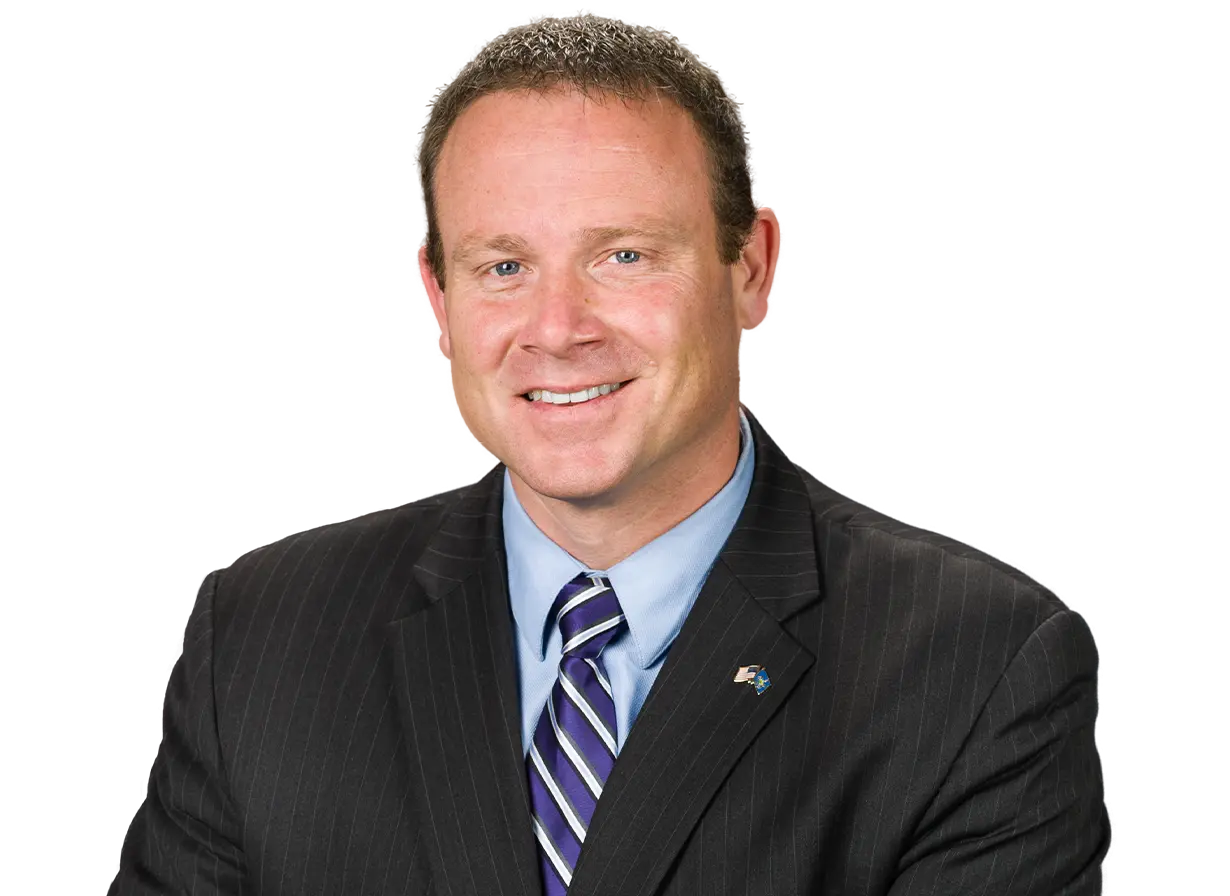HARRISBURG – Senator Scott Martin (R-13) introduced legislation today that would help the state take advantage of new technology to reduce Medicaid costs and improve patient care.
Senate Bill 600 would direct the state Department of Human Services to create a new health initiative by issuing a Request For Proposal (RFP) that allows patients and physicians to better utilize new technology and evidence-based medicine. The plan would make more information available to patients and health care providers to advance treatment options, prevent misdiagnoses and avoid unnecessary and costly emergency room visits and hospital admissions. Improvements in these areas are vital because according to recent studies, more than 50 percent of healthcare decisions related to services and procedures are made in error and are inappropriate, avoidable and wasteful.
The plan is patterned after a program in Alaska that has helped reduce misdiagnosis rates, improve outpatient care, cut waste, and trim Medicaid costs by over 14 percent. Experts estimate that a similar program in Pennsylvania could generate between $2 billion and $4 billion in annual savings.
Martin said that generating such a significant savings for taxpayers would help defray the rising cost of Medicaid, which currently accounts for approximately one out of every four dollars in the annual state budget and more than $28 billion overall when federal dollars are factored in. Pennsylvania is one of the highest spenders per Medicaid enrollee in the country and has seen an upward trend with its Department of Health and Human Services budget over the past few years; increasing by about $500 million annually.
“Escalating costs are placing an enormous strain on the state and federal budgets, even as healthcare outcomes consistently fail to meet the expectations of patients,” Martin said. “It makes good sense for lawmakers to see what other states have done to improve care and cut costs so we can create a healthcare system in Pennsylvania that reduces the burden for patients and taxpayers.”
The influx of approximately 700,000 new patients into the Medicaid system is a 20 percent increase, has cost an additional $4.6 billion, and the federal government plans to shift more of that financial burden onto the state in the years to come.
“How we address the exploding cost of health care is one of the most important public policy questions facing lawmakers, because failing to act will only result in greater budgetary challenges and massive tax increases in the future,” Martin said. “It is far past the time to explore cost-conscious reforms at the state level that actually improve patient care. This legislation is a huge leap forward toward meeting those goals.”
CONTACT: Terry Trego (717) 787-6535


